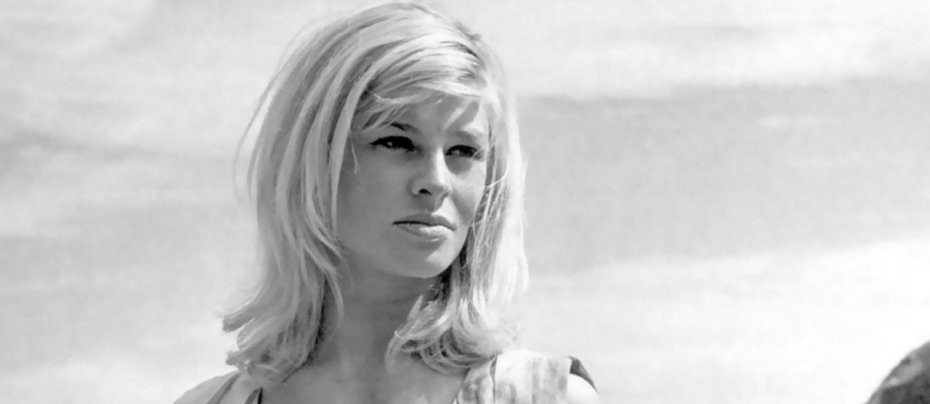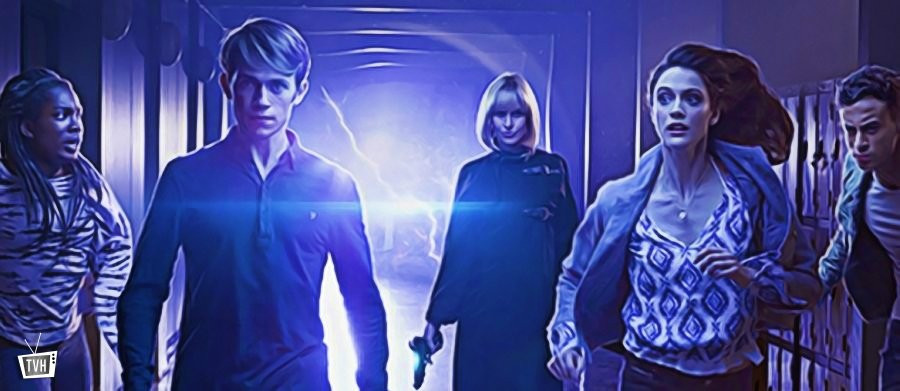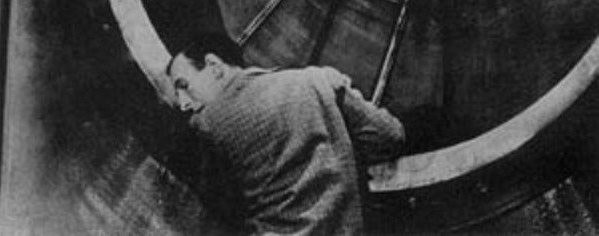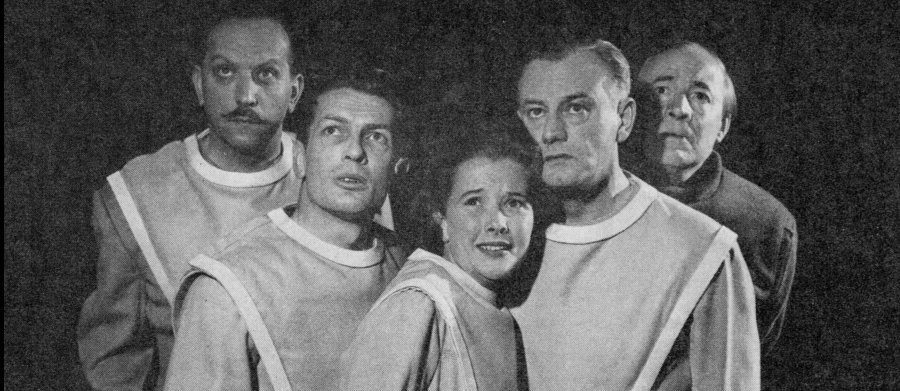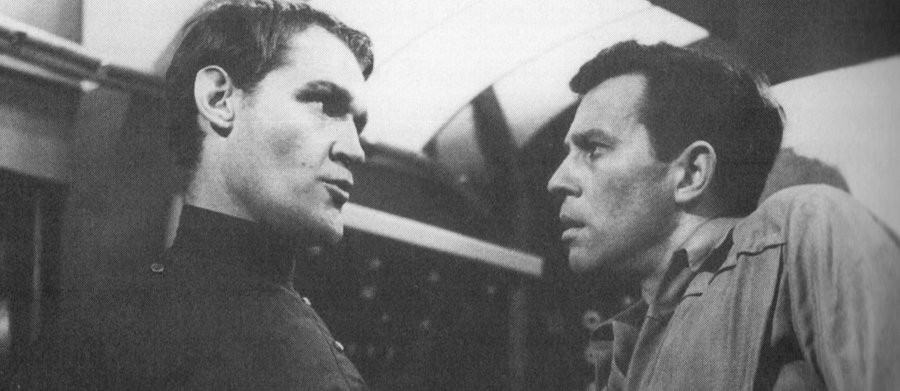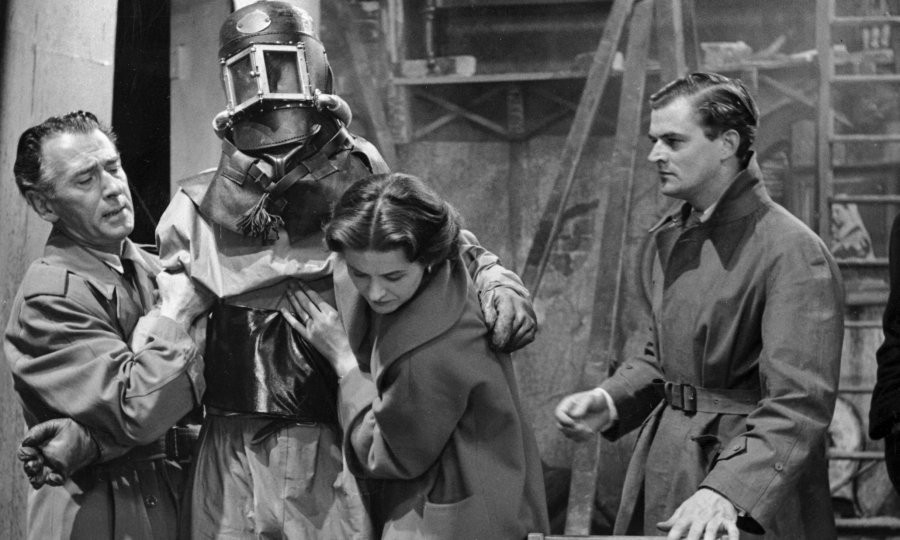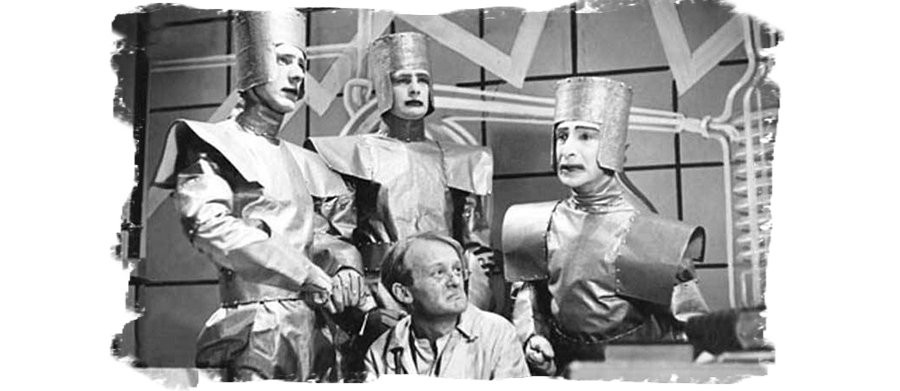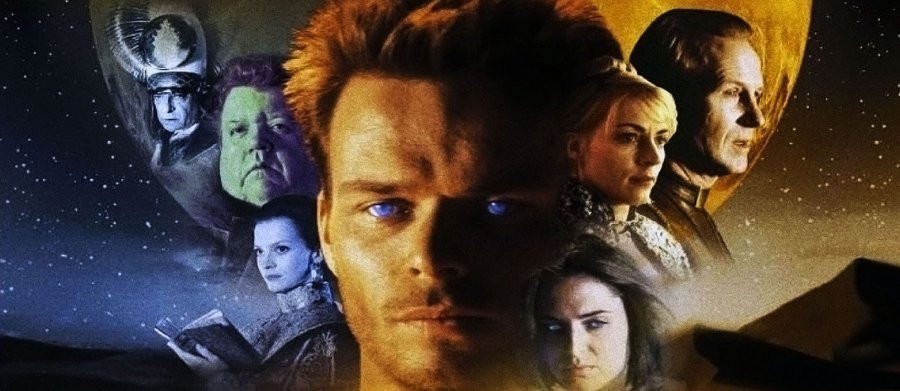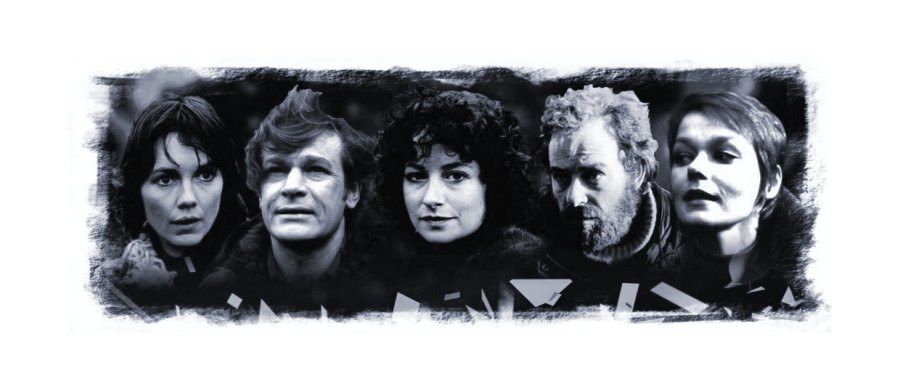
2020: 'Survivors' and the Coronavirus
By Andrew O’Day
Speculative fiction has been seen as providing visions of what could occur in our world. The spread of the coronavirus and subsequent lockdowns of 2020 have been likened to something out of a dystopian science fiction film or television production. Indeed, Emma Jones states that Hollywood films that deal with infections on a global scale have boomed after the onset of Covid 19, whether Contagion (2011), or werewolf or vampire films where one fears being bitten and passing the infection on (An American Werewolf in London , 1981, Nosferatu, 1922), or zombie films (28 Days Later , 2002, World War Z, 2013). 93 Days (2016), meanwhile, is about a dedicated medical team preventing an Ebola outbreak in Nigeria and therefore speaks to human triumph. This article, however, draws out the way in which the 1970s BBC production Survivors, in particular the vision attributed to Terry Nation in series 1, and its twenty-first century remake raise issues which are confronting us today and speaks to our concerns although in the case of Survivors most of the world’s population are wiped out by a deadly flu-like virus while this is not so with the coronavirus.
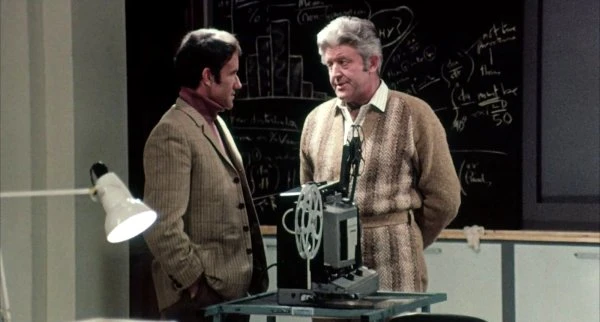
There have been various treatments of the spread of disease in British telefantasy. The science fiction series Doomwatch (1970-2) raised the notion of deadly viruses on a number of occasions such as in the second season episode ‘Invasion’ (1970) by Martin Worth. In this instance, two male youths from a village have been exposed to a fatal virus and there is an attempt to round up everyone they have had contact with. There is a drastic change to the villagers’ way of life since the whole village is evacuated and there are a succession of rapid camera shots of the empty lanes of the locale.
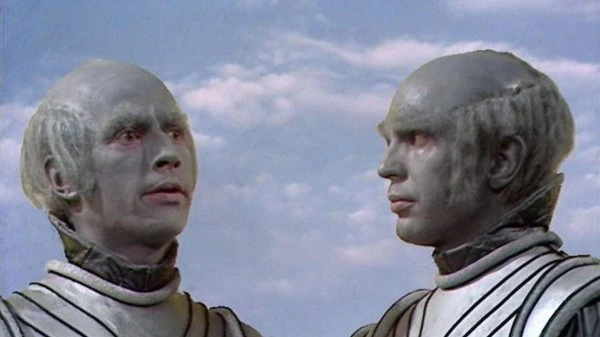
A number of classic Doctor Who serials also deal with contagious disease such as Robert Holmes’ ‘Carnival of Monsters’ (1973) where the Inter Minorans are concerned, not knowing what diseases the aliens Vorg and Shirna may have brought with them to the planet (Ian Potter in conversation with Paul Magrs on Facebook). Serials such as Paul Erickson and Lesley Scott’s ‘The Ark’ (1966) involve a contagious cold and Malcolm Hulke’s ‘Doctor Who and the Silurians’ (1970) and Terry Nation’s ‘The Android Invasion’ (1975), meanwhile, concern aliens using germ warfare, a concern of the time. A much later serial, Steve Gallagher’s ‘Terminus’ (1983), involves leprosy, while a pseudo-historical ‘The Visitation’ (1982), by Eric Saward, is set in the seventeenth-century at the time of the Black Death with the Great Fire of London putting a halt to a plot by monsters to accelerate the plague. Certain serials like Gerry Davis’ ‘Revenge of the Cybermen’ (1975) and Robert Holmes’ ‘The Caves of Androzani’ (1984) do not concern contagious diseases and Bob Baker and Dave Martin’s ‘The Invisible Enemy’ (1977) differs presenting an intelligent virus. Another British telefantasy series Blake’s 7 (1978-81) has Robert Holmes’ episode ‘Killer’ (1979), dealing with a deadly plague.
Turning to Survivors and the series participates in the sub-genre of apocalyptic science fiction, and alludes to Biblical epic. The title of the first episode, ‘The Fourth Horseman’, invites an intertextual connection with the Biblical Book of Revelation and the four horsemen of the apocalypse:
‘And when he had opened the fourth seal, I heard the voice of the fourth beast say, Come and see./And I looked, and behold a pale horse: and his name that sat on him was Death, and Hell followed with him. And power was given unto them over the fourth part of the earth, to kill with sword and with hunger, and with death, and with the beasts of the earth’ (Revelation 6: 7-8).
The image of the fourth horseman has been a prominent one ever since, seen in medieval paintings (such as one by Beatus of Liebana), medieval manuscripts (such as the Douce, Trinity and Bamberg Apocalypse and MS Ludwig), and in books. The title conjures up widespread cultural associations, just as do more recent programmes such as Millennium, which featured a 1998 episode concerning a plague, using the same title, and Charmed’s episode ‘Apocalypse, Not’ (2000) in which the fourth horseman becomes an on-screen character. In various reports the apocalypse is invoked amidst fears of the spreading of the coronavirus.
Survivors’ title sequence was scripted by Terry Nation and represents an accident in a science laboratory by a Chinese scientist leading to the escape of a deadly virus, spread through the international networks of aeroplane travel. There is a shot of a plane in flight, the ill scientist walking through the airport and collapsing and there are a series of rapid close-ups of passport stamps from different countries, concluding with London, representing the plague’s rapid spread and the location of the programme.
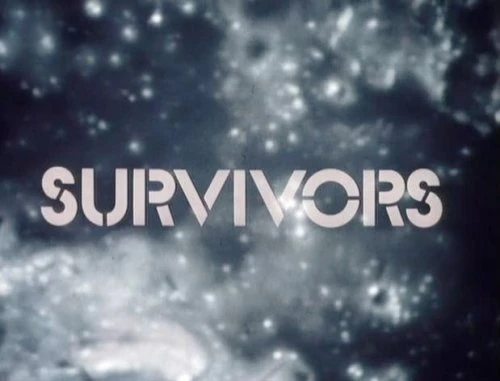
The coronavirus, originating in China, has also spread from country to country, largely through air and boat travel, therefore being a pandemic. This has led to countries closing their borders and for travel bans such as President Donald Trump’s restriction on travel to the US from, at first, mainland Europe but very rapidly from the United Kingdom.
Survivors also explored the need for isolation to guard against the illness, whether it was the village school being closed off or Abby Grant’s son’s Peter’s school being shut with supplies being left at the gate. A man at the school explains to Abby that a group, which included Peter, went to find somewhere they could isolate themselves. The cowardly Tom Price also warns people such as Jenny Richards away from him. As late as the final episode of the first series, ‘A Beginning’ the survivors are wary about taking in a sick girl in case she is contagious.
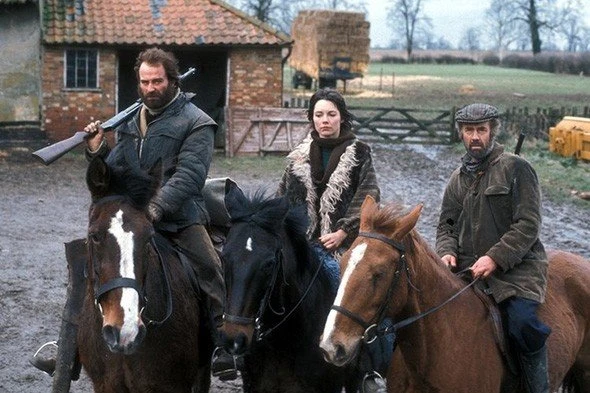
In the current climate of the coronavirus it has become law that people must remain at home, apart from taking one form of daily exercise (for example, a walk or run) with members of the same household, going out for essentials (such as food or medicine), looking after a vulnerable person (elderly or with underlying health conditions) and travelling to and from work when unable to work from home. In all cases, people have to remain two meters apart. All non-essential businesses such as pubs and restaurants are closed. Furthermore, schools are shut which links with those mentioned in ‘The Fourth Horseman’, although the coronavirus does not seem to affect children as badly. There are therefore parallels with Survivors even though the effects of contracting Covid 19 are nowhere near as bad.
In ‘The Fourth Horseman’ it was also both explained that the hospitals were understaffed and that there was not a bed in the place with people being turned away. The filming of the scene where Jenny Richards arrives at the hospital emphasises this with the hospital crowded with queues of people waiting to be seen and the noise of suffering. Furthermore, the doctors themselves became ill.

The main reason for the coronavirus lockdown is to ease the burden on hospitalisation and therefore on the NHS. The capacity of the NHS to treat coronavirus patients is limited and beds and equipment (notably ventilators) are needed to save lives. Furthermore, doctors and nurses themselves have fallen victim to the coronavirus and testing is needed to ascertain whether medical staff who have become ill are infected with the virus or can return to work at a time when they are so desperately needed. But more patients with coronavirus recover whereas in Survivors the situation is nearly always fatal.
The spread of the coronavirus has been described as an ‘invisible enemy’ with which the world is at war and nurses and doctors are constantly said to be on the ‘front line’. The situation has been noted as being as bad as wartime Britain and where possible doctors and nurses use PPE (Personal Protection Equipment) including masks, visors and gowns. Moreover, an attempt has been made by supermarkets to ration food just as food was rationed during World War II. In Survivors, Tom Price says that the situation is ‘a bit like wartime’ but he is referring to the perils of surviving in a dead world, not, for example, to the plight of medical staff.
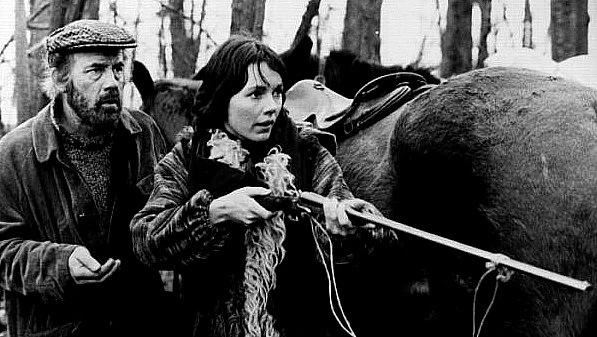
The coronavirus pandemic has led to people panic buying (of food and supplies such as toilet rolls), including people raiding other people’s shopping trolleys when their backs are turned and assaulting supermarket staff, and Survivors shows how a more extreme situation sees looting of essentials. In the third episode ‘Gone Away’, Abby, Jenny and Greg Preston happen across a man hung up in a supermarket with the sign ‘Looter’ attached to him. The area is patrolled by a mob who have laid claim to this territory and are prepared to go to violent lengths to guard supplies. They say that supplies have to be rationed out fairly and that groups such as Abby’s must sign up with a central organisation. The idea of looting occurred in other programmes where worlds were devastated but not as a result of viruses such as in the Doctor Who serial ‘Invasion of the Dinosaurs’ (1974) and adaptations of John Wyndam’s Day of the Triffids. Furthermore, in the Survivors episode ‘Something of Value’ petrol is a valuable commodity which groups will go to violent lengths to seize. While the real-world situation in the United Kingdom of 2020 is far different from these, it is easy to see how things could turn out like they do in Survivors were the circumstances far worse.

Jonathan Bignell argues that the original Survivors series concerns the destruction and reconstruction of communities and led to reflection on socio-political discourses of the 1970s including environmentalism, feminism and alternative forms of social organisation. According to Bignell, post-viral Britain became a melting pot, but where former hierarchies were renegotiated rather than abandoned; that the series was set up against the Cold War background of the 1970s where an environmental crisis saw the shortage of raw materials and pollution with the series involving self-sufficiency, treated gently in the other programme, the BBC sitcom The Good Life (1975-8); and where a woman (Abby Grant) was the leader of the survivor community. Bignell concludes that Survivors is an example of social realism with a documentary-like aesthetic shot on location with almost no special effects, expensive sets, models or mattes and is character driven like the BBC ensemble series The Brothers (1972-6). In this respect, Survivors goes much further than the current coronavirus situation in our world.

The remake of Survivors (2008-10) revisits ideas from the original and we can again see the series speaking to our current concerns, though the coronavirus situation is nowhere near as bad. In the case of the remake, the title sequence presents masses in fast motion and a shot of the world, emphasising the global situation and the way the virus is spread. We are told that there was an attempt to isolate people with the infection, with schools and prisons shut, and that hospitals all over the country were closing their doors to patients (not that much could be done to help them). As in the original, there is later a dead man hanging in a supermarket with the sign ‘Looter’ attached to him and Greg Preston remarks on ‘people who would slit your throat for a bottle of water’. Whereas Abby sees humans as good, Tom Price sees them as essentially bad. There are later shots of the survivors against a desolate landscape, as opposed to the masses in the title sequence, with ominous clouds overhead.

Up until March 2020 no-one would have been able to predict the situation which faced us in the form of a virus which would kill so many people and lead to a lockdown. It was the thing of science fiction but the science fiction like Survivors, created by Terry Nation, paved the way for real-life treatment of a pandemic even though the situation in our world is nowhere near as devastating as the post-apocalyptic world envisaged by Nation.
--------------------------------------------------------------------------------------------------------------------
I’d like to thank Tim Harris, Richard Harris and Paul Dunn for their encouragement while I wrote this article during the UK lockdown, and Professor Jonathan Bignell who sparked off my interest in Survivors as we wrote the book Terry Nation (Manchester University Press, 2004), neither of us suspecting the real life parallels that would occur some 16 years later.
References
‘Survivors: Rebuilding Society in the Seventies’, by Jonathan Bignell (February 7, 2020), Terry Nation, by Jonathan Bignell and Andrew O’Day (Manchester University Press, 2004), ‘Plagues, zombies and vampires: How Hollywood handles deadly viruses’, by Emma Jones (BBC News, April 4, 2020)
About Andrew O'Day
Andrew O'Day is a published author with a BA in English Literature, a Masters in Theatre Studies and a Ph.D in Television Studies.
Andrew is currently Executive Producer for Baby Dog Films' 'Once a Year on Blackpool Sands' and 'Beautiful Monster.'
His website can be found at https://www.hrvt.org/andrewoday/index.htm
Published on April 21st, 2020. Written by Andrew O'Day for Television Heaven.


